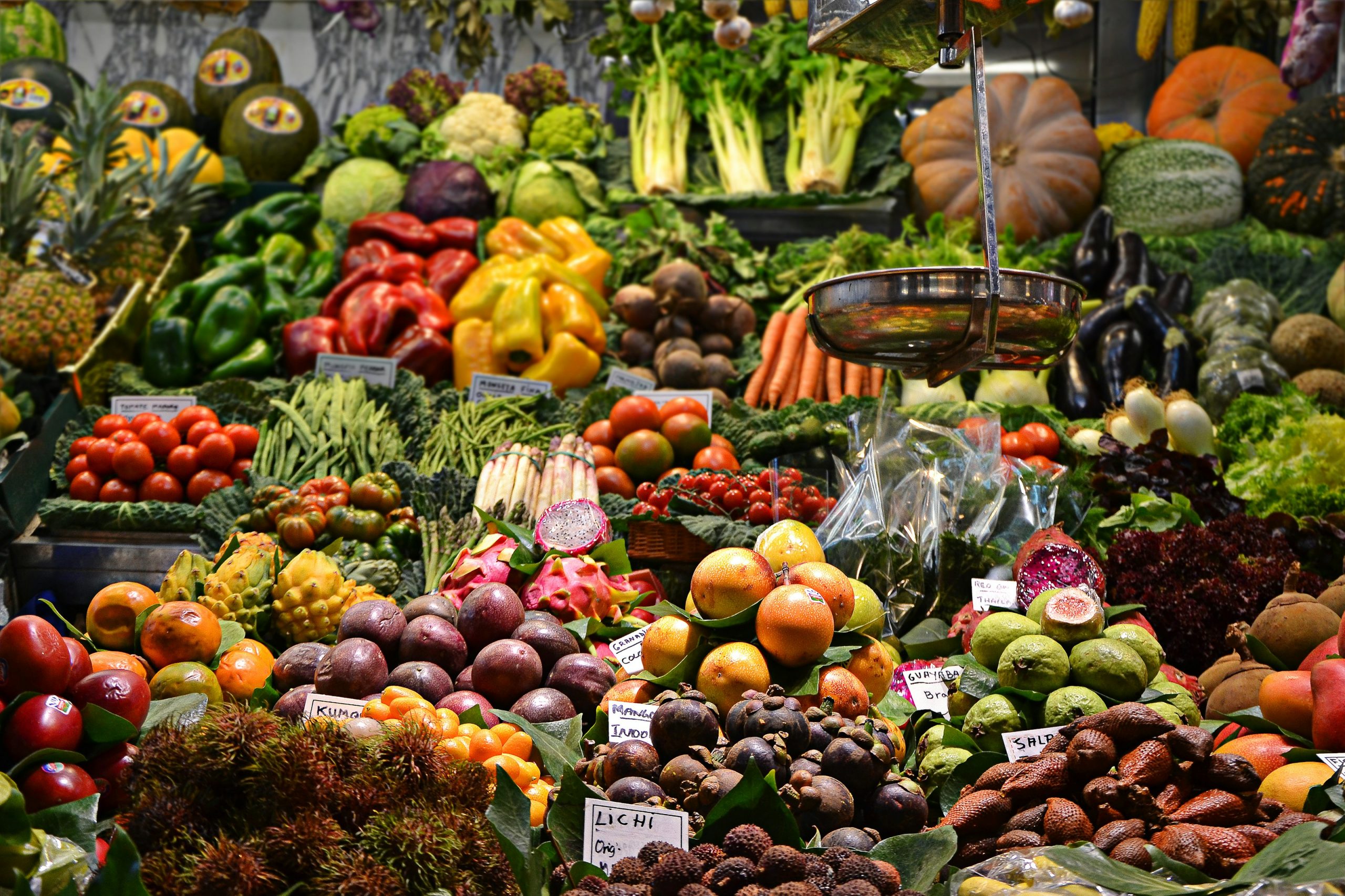The pandemic changed a lot of consumers’ attitudes towards foods and snacks, focusing more attention on healthier living and alternatives to traditional foodstuffs. As those trends accelerate, CPG companies are rethinking their structures and offerings to respond better to these shifts in consumer behavior.
Kellogg Co., for example, announced it would divide itself into three companies: snacks, cereal and plant-based foods. In recent years, Kellogg has concentrated on expanding its snack foods business, and analysts told The Food Institute plant-based products are likely the next category to expand rapidly.
Kellogg said reorganizing as three distinct operations will give it the flexibility needed to take advantage of changes in the marketplace.
Mondelez, which as Kraft Foods changed its name in 2012 and spun off Kraft Foods Group, is buying its way to healthier products, recently announcing the purchase of Clif Bar & Co. for $2.9 billion. The deal is expected to close in the third quarter.
“This acquisition also advances the company’s strategy to reshape its portfolio to sustain higher long-term growth,” Mondelez said in a press release.
HEALTHIER-FOR-YOU A NEEDLE-MOVER
“Consumers are increasingly looking for convenient, healthy and functional foods to meet their busy lifestyles. We view ‘snackification’ as a secular growth trend that not only pertains to millennial consumers, but to those of all generations,” said Matt Weiss, founder and CEO of RIND Snacks.
“Clean and purposeful snacking goes hand in hand with the faster pace and multitask realities of modern life, and we’ve witnessed these trends accelerate through COVID. … The days of three square meals are long gone and have since been replaced with 10 or more micro meals throughout the day – meals that better meet consumers’ needs.”
A Food and Drug Administration survey found most consumers look at food labels and are familiar with nutrition facts, focusing on sugar and salt content, calories and portion size, as well as using the information to compare products.
However, a survey from Attest indicated consumers are confused about the relative health benefits of products, with just 9% able to figure out what products were the healthiest, Food Business News reported (March 15). About half of shoppers surveyed said they were concerned wellness products weren’t actually all that healthy.
THE BENEFITS OF SPINOFF COMPANIES
As the push for healthy foods intensifies, many CPGs could follow Kellogg’s lead.
“Splits continue to show that more focused companies perform better, are able to take advantage of new opportunities without struggling for resources from the parent company, and provide a better ROI for shareholders. It makes sense to focus more time and effort on the more profitable brands or parts of a company,” said investment guru Michael Taylor of Shifting Shares.
“We may even see some of these spinoff companies start to merge with other spinoffs in the same category. In that case you would have a large conglomerate again, but one that would be much more focused,” he added.
PROSPECTS OF PLANT-BASED
CPG companies’ strategy, it appears, is long-term, especially when it comes to plant-based offerings.
“Though food companies see greater profits from their traditional product offerings today, plant-based foods are growing in demand and, in the long run, are poised to require fewer inputs and have more reliable supply chains. These advantages, combined with the sustainability benefits, make it clear why companies are investing in plant-based options,” said Julian Lewis, vice president of business development at ingredient company Shiru.
“Developing tasty, consumer-friendly foods for this space requires a new approach to innovation, different from the development processes many CPGs have in place today,” he added. “For that reason, it’s unsurprising to see market moves like consolidations, spinoffs, and partnerships between CPGs and outside ingredient development experts.”











